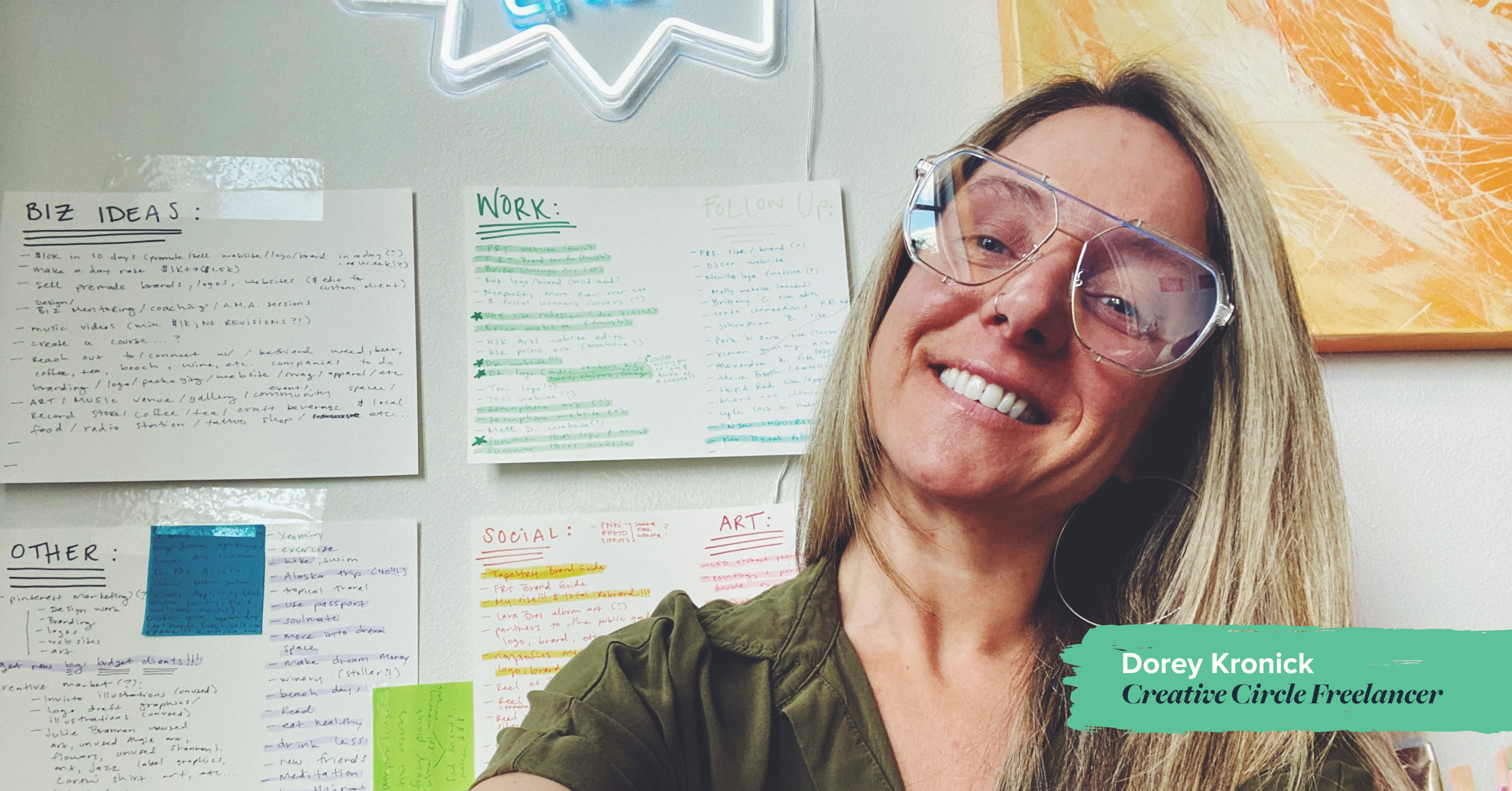You’ve probably been told that when looking for a full-time job, it needs to be your top priority. That’s perfectly solid advice but cranking out resume after resume is not going to get the attention of a hiring manager or creative director. To invoke another cliché, you and your resume needs to work smarter, not harder.
It all starts with keywords — those hyper-specific words that describe skillsets, experiences, or qualifications that employers call out in their “help wanted” posts. Many companies use what’s called an applicant tracking system that allows them to screen applicants very closely by having the system exclude resumes that don’t include the pre-specified keywords. Even if you have an amazing portfolio or you interned at famous agencies, no one is going to know, or care, unless you can get your cover letter and resume past a slew of digital gatekeepers. Take notes and optimize your job search up with these keyword tips.
For Your Resume
Keyword-optimizing your resume is essential to get a foot in the door. While it doesn’t make sense (and doesn’t look natural) to include all the keywords the ad utilizes, between your resume and your cover letter, you should be able to include most. Spend some time analyzing the ad, particularly the summary of the position and its duties, as well as a requirements section. If the ad is sparse on details, find similar ads and similar companies, and look at those keywords. You can also turn to keyword-analysis tools that can help you boost your odds.
Don’t settle for close: if one job description calls for “photo editing software” and your resume details your proficiency in Photoshop, you might not make it through the filter unless you use the exact same words.
Important: Don’t just write for the resume bots
When your resume DOES make it into the hands of a real-live human being, it shouldn’t read like you just stuffed every single keyword in. Besides just dropping the words, use them in a way that makes it clear you know what you’re talking about. Better yet, use them in a way that demonstrates your value to the company, especially in quantifiable terms. Good examples for popular roles might be:
- Art Director: Designed 508-compliant elements of an integrated marketing campaign that resulted in sales of $100,000
- Digital Copywriter: Wrote SEO-optimized copy for a landing page that resulted in a 11% conversion rate
- Brand Strategist: Used business insights and quantitative research to develop the creative brief used on a winning brand pitch for an account worth $5 million
- Traffic Manager: Initiated new jobs and created timelines for more than 100 complex, multi-media projects each month
For Your Cover Letter
By now, you probably understand what a huge buzzword the phrase “cultural fit” is: companies want employees who reflect their values and fit in with the existing workforce. This will require you to go deeper than just the job requirement and skills. Find information on the company’s culture in the website’s “About” section, the company blog, and their social media feeds. Are there words, phrases, or attributes that are used repeatedly? What themes do you notice?
It probably isn’t going to be a single word or skill – for example, if you visit the About Us page for NYC-based healthcare agency Area 23, you’ll see language not only about creativity, but entrepreneurship, curiosity, inventiveness. Granted, many agencies will employee similar language, but find what stands out to you and weave it in to your cover letter where appropriate.
For Your Portfolio
First off, your portfolio should be open and accessible 24/7 on your website. The beauty in that is that a keyword-optimized portfolio can attract exposure, even beyond those who see your resume. Take advantage of it in a few different ways:
- Use targeted keywords in your permalinks (the unique name/URL that refers to a page).
- Don’t forget to specify keywords in the alt-text for all of your images.
- Photographers, add keyword-rich text in as many different places as you can. Your “About Us” is a good place for this.
- Make sure other, reputable sites are linking to you (which you can do easily with your blog).
- Create lots of internal links for your site.
- Above all, create great content that’s useful to whoever is looking for you.
For Your LinkedIn
70% of employers admit they’re peeping on your social media. If a hiring manager or recruiter makes it to your LinkedIn profile after reviewing your resume, the first thing they’re going to look at is whether or not your skills match the requirements for their open position. We can’t say this enough: it’s OK to emphasize your skills at different jobs, but never misrepresent yourself or lie. At best, a recruiter might see the inconsistencies and worry that you’re not very detail-oriented; at worst, they’ll think you could be fibbing. Your LinkedIn doesn’t have to be an exact, word-for-word match, but the keywords should match up to complement your resume.
Optimizing your resume, cover letter, portfolio and social media take a lot of work, but can only take you so far. Make sure you’re doing everything you can to improve your job search odds with more resources like these.
Lisa is a Creative Circle candidate and seasoned advertising copywriter who lives in Los Angeles. Her background includes both in-house and agency work on Fortune 500 and global accounts in the consumer and healthcare/pharmaceutical fields. She excels at words, fashion, and cats. If you want to work with Lisa, contact Creative Circle Los Angeles.




